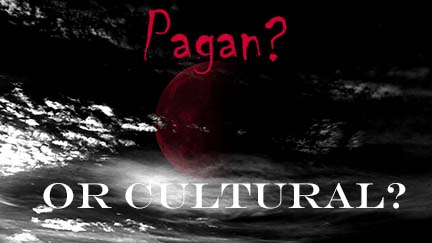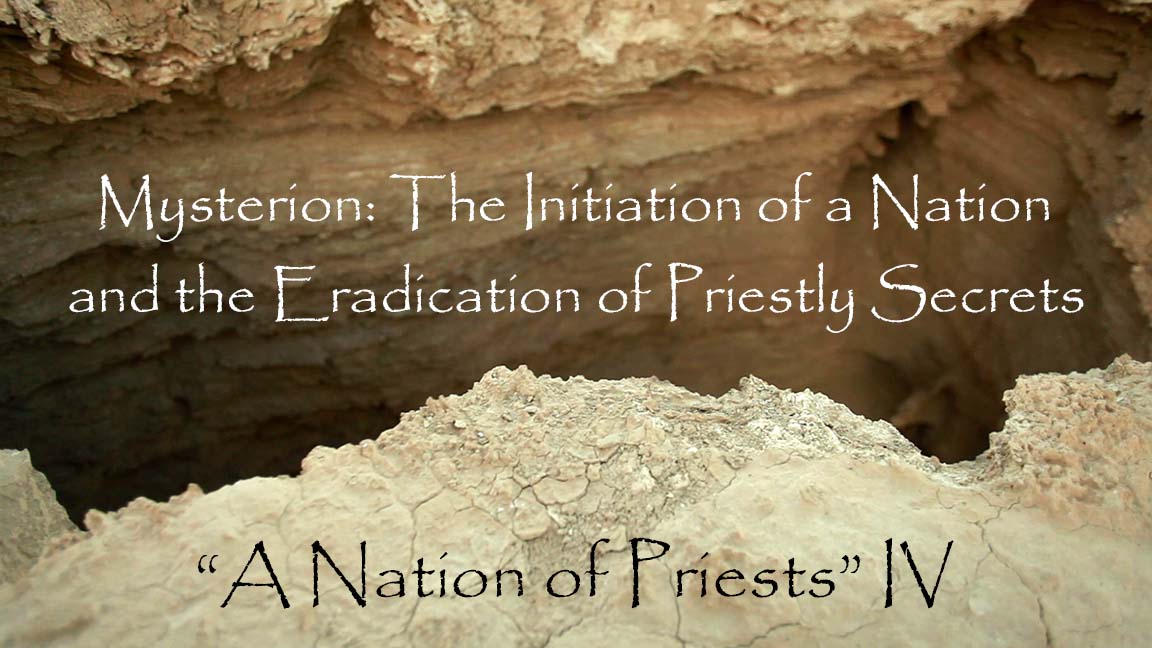 While finding old articles to transfer from social media to my blog, I happened upon this one from two years ago. I am finally starting to really get feeling better and was able to read an actual scholarly article this morning without any confusion, so this is great progress and I have a lot of hope that I will soon be operating at pre-stroke mental capabilities soon! God is so good!
While finding old articles to transfer from social media to my blog, I happened upon this one from two years ago. I am finally starting to really get feeling better and was able to read an actual scholarly article this morning without any confusion, so this is great progress and I have a lot of hope that I will soon be operating at pre-stroke mental capabilities soon! God is so good!
December 31, 2015
We need to stop being afraid of words and we need to stop being intimidated by those who label everything as pagan but without anything but wild stories backing it up – there are people out there who want to outlaw just about every word that has been associated with Christianity, sometimes making up preposterous stories about pagan origins – I covered “Amen” in my blog a couple of weeks back – how about “Christ.” I was looking at the Septuagint earlier in the week and found this in Habakkuk.
**
Habakkuk 3:13 in the Septuagint – referring to the Messiah as the ‘anointed’ – the word is christos. The Septuagint (translation began during 3rd century BCE and was completed roughly 132 BCE) was translated by a group of 70 (or 72) great Torah scholars who were fluent in Greek, and is an incredibly useful tool for the understanding of what words meant in context at the time. Many quotes from of the Tanack (OT) by the NT authors were actually taken from the Septuagint version, which is why they do not match up perfectly with the Hebrew. Evidently, the scholars saw no problem with using the word christos in Messianic verses so it cannot possibly be an inherently ‘pagan’ word. Just ask any Jewish friend of yours and they will readily admit that getting 70 Jewish scholars to agree on something is a miracle!
ἐξῆλθες εἰς σωτηρίαν λαοῦ σου τοῦ σῶσαι τοὺς **χριστούς** σου ἔβαλες εἰς κεφαλὰς ἀνόμων θάνατον ἐξήγειρας δεσμοὺς ἕως τραχήλου διάψαλμα
You came out for the deliverance of your people, to save your anointed; you threw death on the heads of the lawless; you lifted bonds to the neck. [1]
Psalms of Solomon 17:35-6 (Jewish Wisdom Literature – first or second century BCE)
καὶ αὐτὸς βασιλεὺς δίκαιος διδακτὸς ὑπὸ θεοῦ ἐπ᾽ αὐτούς καὶ οὐκ ἔστιν ἀδικία ἐν ταῖς ἡμέραις αὐτοῦ ἐν μέσῳ αὐτῶν ὅτι πάντες ἅγιοι καὶ βασιλεὺς αὐτῶν **χριστὸς** κυρίου
…and to see the glory of the Lord that God glorified; and he is a righteous king over them, taught by God, and there is no injustice in his days among them; because they all are holy, and their king is the anointed Lord. [1]
There is nothing terrible going on here. Christos is obviously a completely legitimate non-pagan word. So, no more freaking out about the word Christ, please, it’s a title no different than Kyrios, Lord, God, El, Elohim, and even Ba’al—which Yahweh uses to describe Himself in Hosea. Semantic context always determines meaning. Always. Believe me, you do not even want to try living in a world where we can lift a word out of context and make it mean something entirely different. You just don’t. You don’t want to call your significant other a fox and have them accuse you of calling them an animal or, worse, comparing them to Herod Antipas because that is how Yeshua used it.
Demonizing words is a form of online terrorism, guys. Let it go. We have to stop policing each other and looking for things to hate, because it compromises our integrity.
Be sure to check out the related posts about the words Lord, Lord and God, Yahweh, IHS, and Amen.
[1] Brannan, R., Penner, K. M., Loken, I., Aubrey, M., & Hoogendyk, I. (Eds.). (2012). The Lexham English Septuagint (Hab 3:13). Bellingham, WA: Lexham Press.
[1] Brannan, R., Penner, K. M., Loken, I., Aubrey, M., & Hoogendyk, I. (Eds.). (2012). The Lexham English Septuagint (Ps Sol 17:35–36). Bellingham, WA: Lexham Press.





















